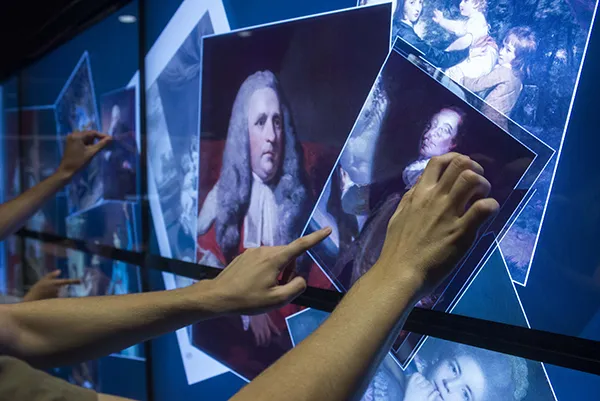UT Students at graduation ceremony
Your Path to Academic Excellence Starts Here
From research opportunities to UGS courses to free tutoring, Undergraduate College provides the resources and support that help you thrive at UT

Nearly every undergraduate student at UT Austin will interact with our programs, which are integral to every school and college on campus. Our initiatives are designed to help students cultivate critical thinking, creativity, and interdisciplinary knowledge, preparing them to excel in a rapidly changing world.
By offering a flexible and supportive academic structure, we ensure a cohesive, enriching student experience that promotes innovation and problem-solving. We support students in charting a personalized path that aligns with their passions and goals.

"I work with a talented and devoted team of people who recruit, teach, enlighten and support students so they’re transformed during their time on the Forty Acres. Our students become leaders, engage the community around them, form key connections, and then ultimately, they go out and transform society for the benefit of others." |




